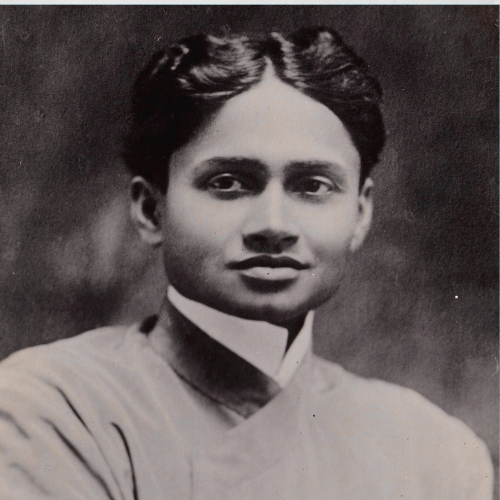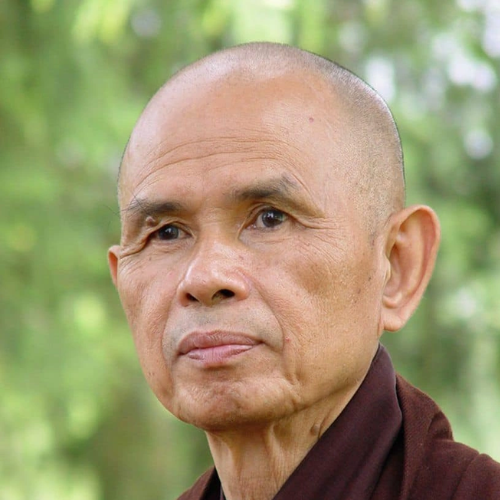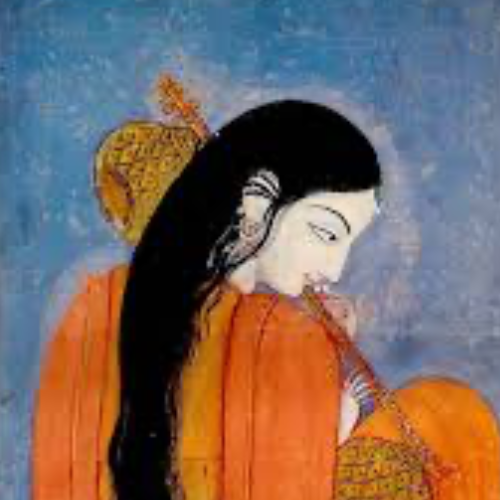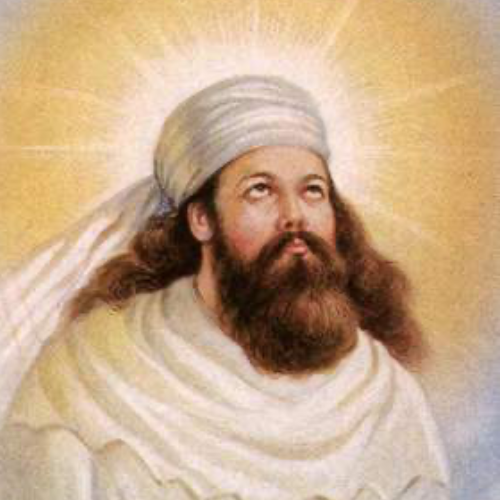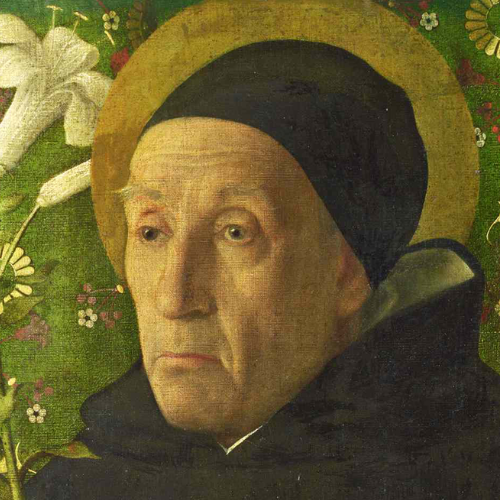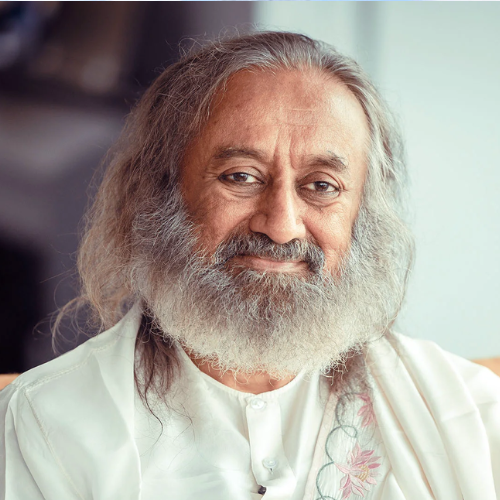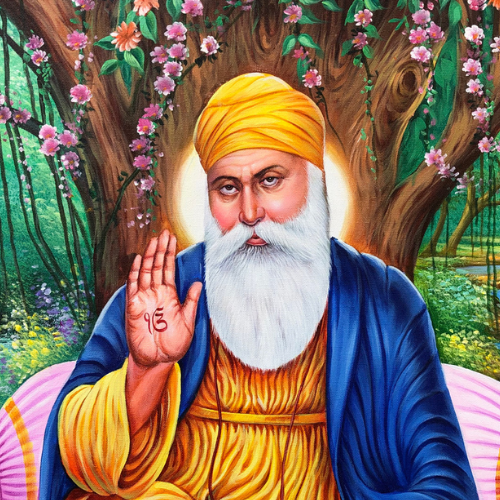Only he who has a co-ordinated understanding of both the visible and the invisible, of matter and spirit, of activity and that which is behind activity, conquers Nature and thus overcomes death.
We become our own enemy when we are thrown out of balance by anger, hatred, grief, or any other intense emotion. We are for the time being obsessed by something alien.
As long as our actions are based upon an inner discontent they will in the long term reinforce the very feelings of discontent we are trying to avoid.
True meditation gives us, as it were, wings for flight to a higher realm and thus detaches us from terrestrial fetters.
He who has not turned away from evil conduct, whose senses are uncontrolled, who is not tranquil, whose mind is not at rest, he can never attain this Atman even by knowledge.
The idea of reward and punishment also springs from this law. Whatever we sow, we must reap. It cannot be otherwise. [...] If a person spends all his life in evil-thinking and wrongdoing, then it is useless for him to look for happiness hereafter; because our hereafter is not a matter of chance, but follows as the reaction of our present action. [...] We should, however, never lose sight of the fact that all these ideas of reward and punishment exist in the realm of relativity or finiteness. No soul can ever be doomed eternally through his finite evil deeds; for the cause and effect must always be equal. Thus we can see through our common sense that the theory of eternal perdition and eternal heaven is impossible and illogical, since no finite action can create an infinite result. Hence according to Vedanta, the goal of mankind is neither temporal pleasure nor pain, but Mukti or absolute freedom; and each soul is consciously or unconsciously marching towards this goal through the various experiences of life and death.
The Hereafter does not shine before those who are lacking in the power of discrimination and are easily carried away therefore by the charm of fleeting objects. As children are tempted by toys, so they are tempted by pleasure, power, name and fame. To them these seem the only realities. Being thus attached to perishable things, they come many times under the dominion of death. There is one part of us which must die; there is another part which never dies. When a man can identify himself with his undying nature, which is one with God, then he overcomes death.
Children (the ignorant) pursue external pleasures; (thus) they fall into the wide-spread snare of death. But the wise, knowing the nature of immortality, do not seek the permanent among fleeting things.
As long as man is overpowered by the darkness of ignorance, he is the slave of Nature and must accept whatever comes as the fruit of his thoughts and deeds. When he strays into the path of unreality, the Sages declare that he destroys himself; because he who clings to the perishable body and regards it as his true Self must experience death many times.
He who is rich in the knowledge of the Self does not covet external power or possession.
Until our mind is withdrawn from the varied distractions and agitations of worldly affairs, we cannot enter into the spirit of higher religious study.
The Sages gave to the Supreme the name A-U-M which stands as the root of all language. The first letter ‘A’ is the mother-sound, being the natural sound uttered by every creature when the throat is opened, and no sound can be made without opening the throat. The last letter ‘M,’ spoken by closing the lips, terminates all articulation. As one carries the sound from the throat to the lips, it passes through the sound ‘U.’ These three sounds therefore cover the whole field of possible articulate sound. Their combination is called the Akshara or the imperishable word, the Sound-Brahman or the Word God, because it is the most universal name which can be given to the Supreme.
Our minds must meditate on some object. According to what he thinks, a man can create an atmosphere of radiance, exuberance, buoyancy; and this brings joy. Or he can carry gloom with him. It is a matter of the habit of thought. We must build up our own life by our thoughts. There are many ways by which we can do this. Art, music, even manual work, all can bring ripening to the soul.
Beyond the senses are the objects, beyond the objects is the mind, beyond the mind is the intellect, beyond the intellect is the great Atman.
Look back to those who lived before and look to those who live now. Like grain the mortal decays and like grain again springs up (is reborn).
He who sees all beings in his Self and his Self in all beings, he never suffers; because when he sees all creatures within his true Self, then jealousy, grief and hatred vanish.
You cannot wake a man who is pretending to be asleep.
He who perceives the Self everywhere never shrinks from anything, because through his higher consciousness he feels united with all life. When a man sees God in all beings and all beings in God, and also God dwelling in his own Soul, how can he hate any living thing? Grief and delusion rest upon a belief in diversity, which leads to competition and all forms of selfishness. With the realization of oneness, the sense of diversity vanishes and the cause of misery is removed.
There are a hundred and one nerves of the heart. One of them penetrates the centre of the head. Going upward through it, one attains immortality. The other (hundred nerve-courses) lead, in departing, to different worlds.
The Hindus do not blame an invisible Providence for all the suffering in this world, but explain it through the natural law of cause and effect. If a man is born fortunate or wretched, there must be some reason for it; if therefore we cannot find the cause for it in this life, it must have occurred in some previous existence, since no effect is possible without a cause. All the good that comes to us is what we have earned through our own effort; and whatever evil there is, is the result of our own past mistakes. As, moreover, our present has been shaped by our past, so our future will be moulded by our present.
Self-realization means that we have been consciously connected with our source of being. Once we have made this connection, then nothing can go wrong…
Evil can never survive, though for a time it may seem to triumph. It is only a question of our endurance and patience.
Though the visible whole has come out from that Invisible Whole, yet the Whole remains unaltered.
